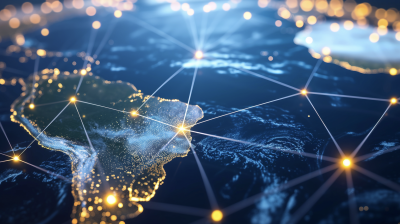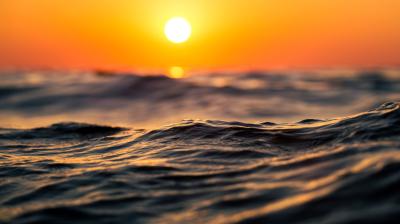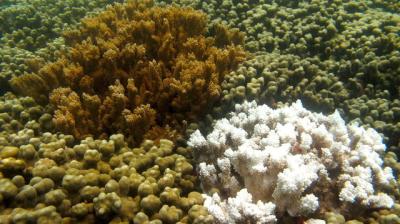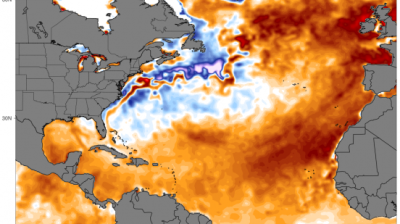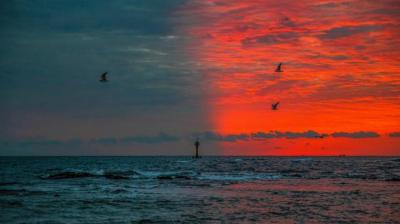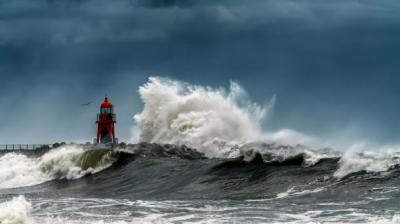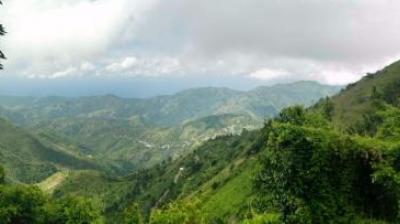World Maritime Day calls for a Sustainable Blue Economy
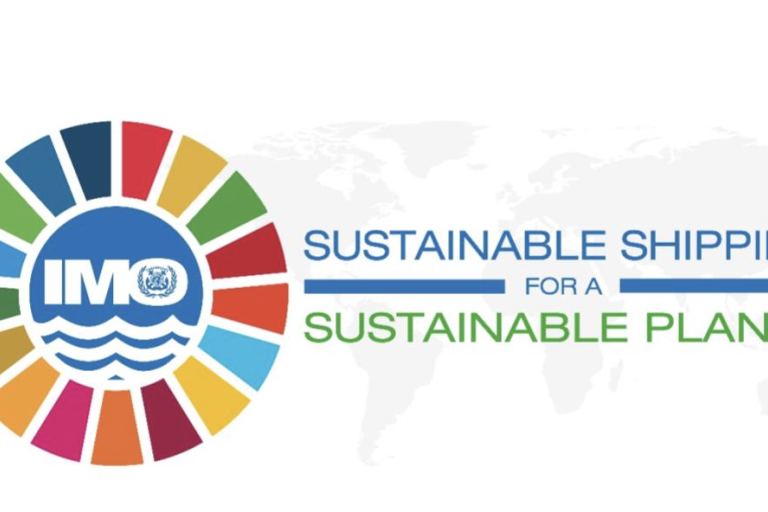
24 September celebrates World Maritime Day, with the theme for 2020 “Sustainable shipping for a sustainable planet” providing an excellent opportunity to raise awareness of the United Nations’ Sustainable Development Goals (SDGs).
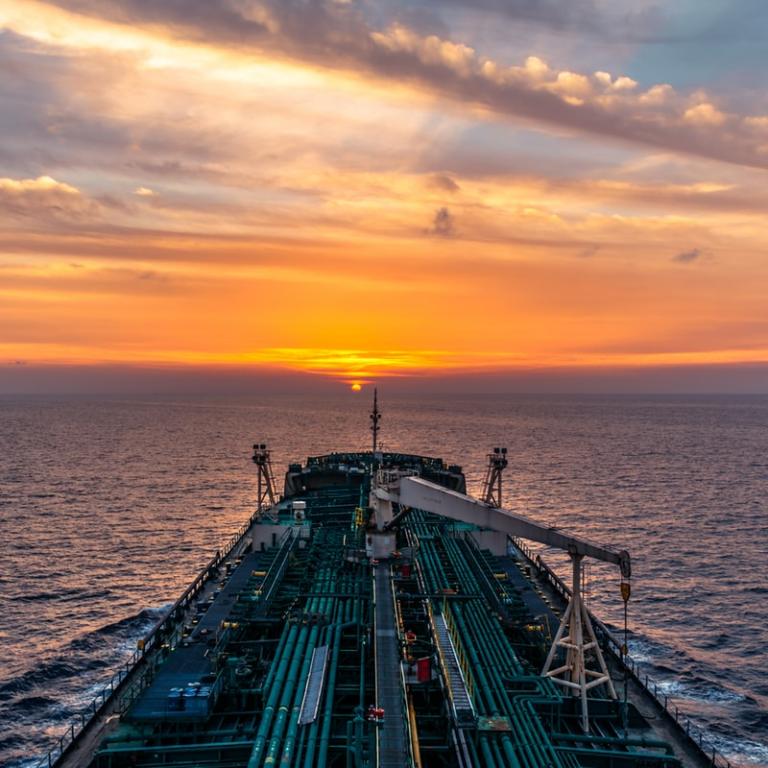
Sadly, we have been reminded recently of disasters at sea. The oil spill accident along the Mauritius coast in July has damaged the local ecosystem and exacerbated pressure on local tourism industries. Meteo-France have been instrumental in supporting the official French and Mauritian response to the oil spill – ensuring regular and accurate ocean forecasting to monitor oil diffusion. This has helped to contain contaminants. Unfortunately, further setback with the sinking of one of the oil spill response vessels in heavy swell conditions in September highlights the need for continued vigilance and use of available marine weather information in decision making. Similarly, another recent tragic situation was the downing of the Gulf Livestock 1 on September 2, carrying a crew of 43, and 5800 head of cattle, from New Zealand to China. It occurred when the ship encountered Typhoon Maysak with winds reported at 100 knots. The Search and Rescue (SAR) Operation was particularly challenging with another extreme event, Typhoon Haishen, hitting this area afterwards. The Japan Meteorological Agency (JMA) provided vital marine meteorological information on Typhoons Maysak and Haishen, issued by Regional Specialized Meteorology Center (RSMC) Tokyo, in supporting the Japan Coast Guard to facilitate the SAR efforts.
These accidents highlight the reliance of safety of life at sea, environmental emergency response and a sustainable blue economy, on robust met-ocean services, along with the appropriate training for shipping companies and ships’ crews.
Track forecast of tropical and extra-tropical cyclones continues to improve, allowing ship captains to navigate accordingly. Most recently, the U.S. National Oceanic and Atmospheric Administration’s (NOAA) National Hurricane Center forecast the landfall of this year’s hurricane Laura within a mile of its actual landfall three days in advance. Preliminary evidence from examining the automatic identification system (AIS) data reported by ships, in comparison with marine warning areas during Laura, suggests that extreme weather avoidance practices have generally been implemented by the maritime community near tropical cyclones. However, more work is needed, as many vessels still receive Maritime Safety Information (MSI) via text and are unable to receive graphical forecasts or data that could be integrated into shipboard navigational systems. And ships still occasionally find themselves in peril near tropical cyclones and other storms at sea, as in the case of Gulf Livestock 1.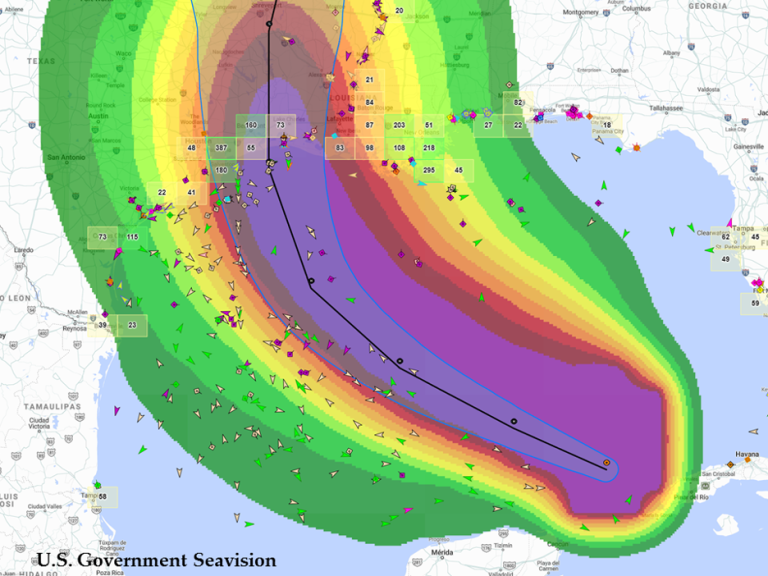
These types of situations were discussed in October 2019 at the First WMO-IMO International Symposium on Extreme Maritime Weather - Towards Safety of Life at Sea and a Sustainable Blue Economy in London. Stakeholders from shipping, offshore industry, ports and harbors, coast guards, insurance providers and the met-ocean community came together to identify best practices for improving services for safety of life at sea and emergency response and sustainable shipping. “We must apply the gains we’ve made in science, observing, computing, and communications to bring relevant 21st century services to the maritime community. We must develop a stronger partnership with this community to improve safety of life and property at sea,” said the Symposium Chair, Thomas Cuff of NOAA.
The WMO works to support Members in fulfilling their responsibility to provide meteorological MSI under the International Maritime Organization (IMO)’s International Convention on Safety Of Life At Sea (SOLAS) through the Global Maritime Distress and Safety System (GMDSS).
The Global Ocean Observing System (GOOS), co-sponsored by WMO, Intergovernmental Oceanographic Commission of UNESCO (IOC), UN Environment and International Science Council (ISC), provides vital met-ocean data for maritime operations. Unfortunately, the availability of these data has been disrupted due to the reduction in global shipping trade under the COVID19 pandemic. The WMO, IMO and IOC encourage shipping companies to participate in the collection and sharing of met-ocean data for mutual benefit, through the joint WMO-IOC Voluntary Observation Ship (VOS) Scheme managed by the WMO-IOC JCOMM in-situ Observations Programme Support Centre (JCOMMOPS).
The value of met-ocean data and services for safe and efficient maritime transport and boosting the sustainable global economy, especially during the COVID19 pandemic, cannot be overstated.
Contact: mmo@wmo.int
- WMO Member:
- France ,
- Japan ,
- Mauritius ,
- United States of America



